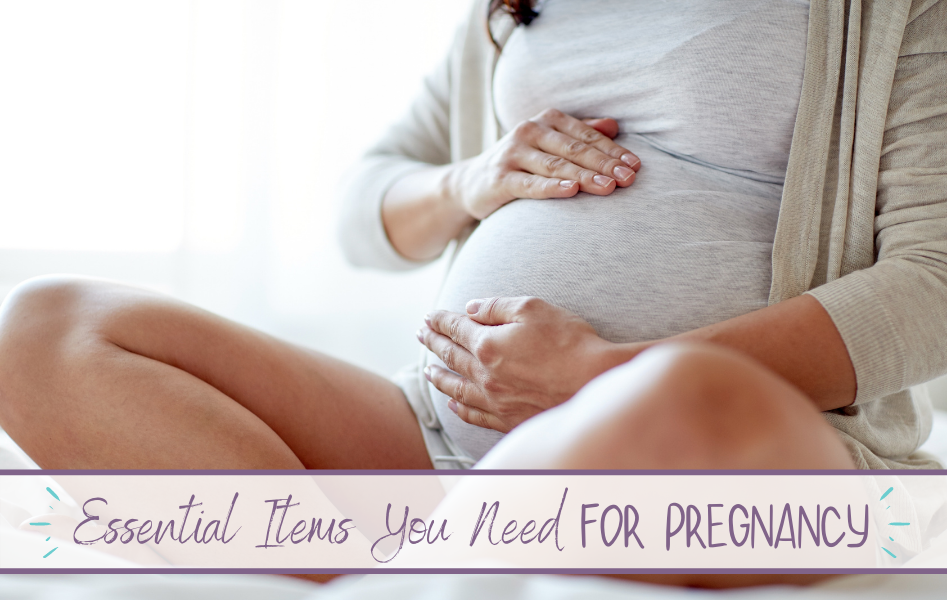How Healthy Relationships Can Benefit Your Body, Study Finds
Close relationships are more than just emotional bonds; they can affect our physical health too. Recent research has brought to light how the quality of our relationships whether they're good or bad can have a real impact on our body's functioning. This is a fascinating area of study that's gaining more attention.
The study found that when we're in positive supportive relationships it can lead to better health outcomes. For example being in a loving caring relationship can help reduce stress lower blood pressure and even boost our immune system. It's like having a strong support system not only makes us feel good emotionally but also helps our bodies function better.
On the other hand negative relationships can have the opposite effect. Constant conflict or stress in a relationship can lead to physical problems like high blood pressure heart issues and a weakened immune system. It's as if the stress from the relationship takes a toll on our bodies.
Understanding this connection between our relationships and physical health is important. It shows us that maintaining healthy positive relationships is not just good for our mental well-being but also our physical health. It's another reason to nurture and value the close relationships we have in our lives.
The Link Between Relationships and Physical Health:
Brian Don the main researcher of the study from the University of Auckland has some interesting insights about how our close relationships affect us. He explains that the way we feel about the people we're close to can change our stress levels how we deal with problems and even things like our blood pressure and heart rate. It's not just about whether we think our relationships are generally good or bad. The everyday highs and lows we go through with our friends family or partners also play a big role.
For example if we have a small argument with a friend it might make us feel stressed or upset and that can affect our bodies. On the other hand having a good laugh or a nice chat with someone can make us feel relaxed and happy which is good for our health. This study shows us that every interaction in our relationships big or small can have an impact on both our mental and physical health. It's a reminder of how important it is to take care of our relationships and try to make them as positive as possible.

Examining the Effects of Positive and Negative Relationship Experiences:
Before this study researchers had already looked into how fighting with someone or feeling happy in a relationship can affect things like stress or blood pressure. But this new study tried something different. It focused on how both good and bad times in our relationships can directly impact our bodies.
To get a clear picture the study involved more than 4000 people. Over three weeks these participants used their smartphones or smartwatches every day to keep track of important health information. They recorded their blood pressure and heart rate which are key signs of how the body is doing. They also noted their stress levels and how they were dealing with any stress they felt.
This method of using technology for daily check-ins was effective. It gave the researchers a lot of detailed information about how people's bodies react to what's happening in their relationships. This approach is pretty new and exciting because it helps us understand the connection between our social lives and our physical health in a more detailed way.
Positive Experiences and Better Physiological Functioning:
The results revealed a fascinating correlation between positive relationship experiences and improved physiological functioning. Individuals who reported more positive experiences overall had lower stress levels better-coping mechanisms and lower systolic blood pressure reactivity. These findings suggest that maintaining a positive outlook within our relationships may have lasting benefits for our overall well-being.
The Impact of Daily Ups and Downs:
Interestingly the study found that the fluctuations in negative relationship experiences had a significant impact on outcomes such as stress levels coping mechanisms and systolic blood pressure. This highlights the importance of examining not just the overall quality of our relationships but also the day-to-day interactions and experiences we have with our partners.
COVID-19's Influence on Relationships and Health:
The COVID-19 pandemic has tested relationships all over the world. Brian Don points out that the way the pandemic has changed our relationships could also be affecting our health in ways we might not realize. During the pandemic many of us had to stay away from friends and family or spend a lot more time than usual with certain people. These changes brought new stresses and challenges.
While this study by Brian Don and his team doesn't give us a final answer on whether our relationship experiences directly cause changes in our bodies like our heart rate or blood pressure it does open the door for more research. It's making scientists and doctors think more about how our social lives and our physical health are connected. This is especially important now as we're all trying to understand the full impact of the pandemic on our lives.
Future Research Directions:

Brian Don the researcher behind this interesting study has some suggestions for future research in this area. He thinks that scientists should look at more than just blood pressure and heart rate when they study how relationships affect our bodies. Other things are going on inside us that could give us even more information.
For example Don suggests looking at our neuroendocrine responses which have to do with how our nervous system and hormones interact. He also thinks it would be useful to study our sympathetic nervous system which is the part of our body that handles our 'fight or flight' response.
By looking at these areas researchers could learn a lot about how our daily interactions with people – both the good and the bad – might be affecting our health in ways we don't even realize. These kinds of studies could show us new patterns in how our relationships and our physical states are connected. This could be valuable for understanding our health better and could even lead to new ways to keep ourselves healthy and happy.
While this study highlights the potential benefits of healthy relationships on our physical health it does not establish a causal relationship. Experimental studies would be necessary to determine cause and effect more definitively. Nevertheless the findings emphasize the importance of nurturing positive experiences within our relationships while acknowledging the impact of daily fluctuations. As we navigate the challenges posed by the COVID-19 pandemic it becomes increasingly crucial to recognize the potential health implications of our relationship dynamics. Prioritizing positive experiences and fostering open communication can contribute to not just stronger relationships but also healthier bodies.






